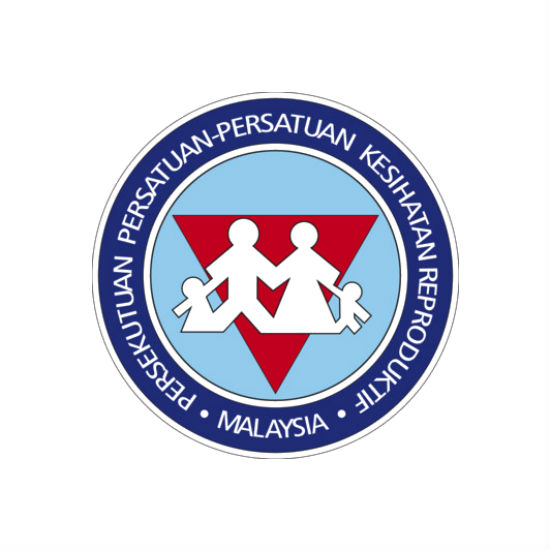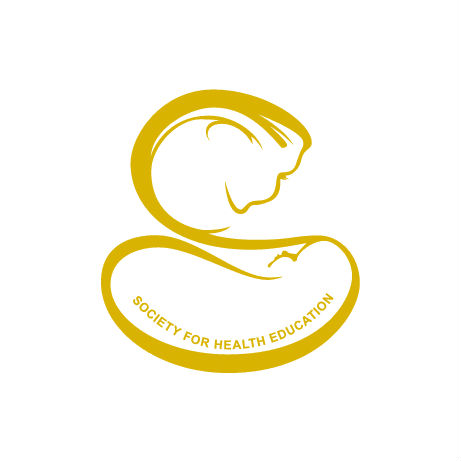

| 31 March 2016
Federation of Reproductive Health Associations, Malaysia
The Federation of Reproductive Health Associations of Malaysia (FRHAM) is 1 of the 3 main implementing agencies involved in Malaysia’s national family planning programme. It delivers a broad range of services through a sophisticated and extensive network of 39 permanent clinics, 356 mobile facilities and 205 community-based distributors/community-based services (CBDs/CBSs). Services include sexual and reproductive health (SRH) consultation assistance and prescribing, contraceptive advice and fertility management, and the promotion of women’s independence through economic/work-based initiatives. FRHAM also undertakes work with specific, marginalized groups which face particular SRH challenges, as exemplified by a community-based project in the Malaysian aborigine village of Kampung Tisong, in the Perak district. Here poverty, malnutrition, illiteracy, isolation and under-provision were responsible for, and caused by, a whole range of SRH problems, which FRHAM counteracted through the provision of education, facilities and training. Contacts Website; http://www.frham.org.my/index.php Facebook: https://www.facebook.com/Friends-of-FRHAM-361982067245823 Twitter: https://twitter.com/FRHAM

| 31 March 2016
Society for Health Education (SHE) Maldives
The Society for Health Education (SHE) was established in 1988 by 4 women. It adopts an integrated approach to health education and service delivery and its role includes increasing the accessibility of services and using the media for education and communication. The society runs outreach programmes and mobilizes voluntary support to develop projects and to maintain and enhance service provision. SHE conducts selective research to assess and report on emergent health issues (especially the high incidence of thalassaemia). SHE operates a permanent clinic offering family planning services in the Maldive’s capital, Male. From here it runs counselling services, training courses for medical, paramedical and administrative staff, screening, and genetic counselling and research with a view to reducing the number of children born with thalassaemia. In schools, SHE operates a health programme for young people, providing information on population, thalassaemia, early marriage and pregnancy, sexually transmitted infections (STIs) and smoking and drugs. It also produces an extensive range of health education materials including both publications and radio and television programmes. Fundraising and income generation is a high priority for SHE which organizes a number of annual events, such as a Children's Festival and a Thalassaemia Dinner. Website: www.she.org.mv







